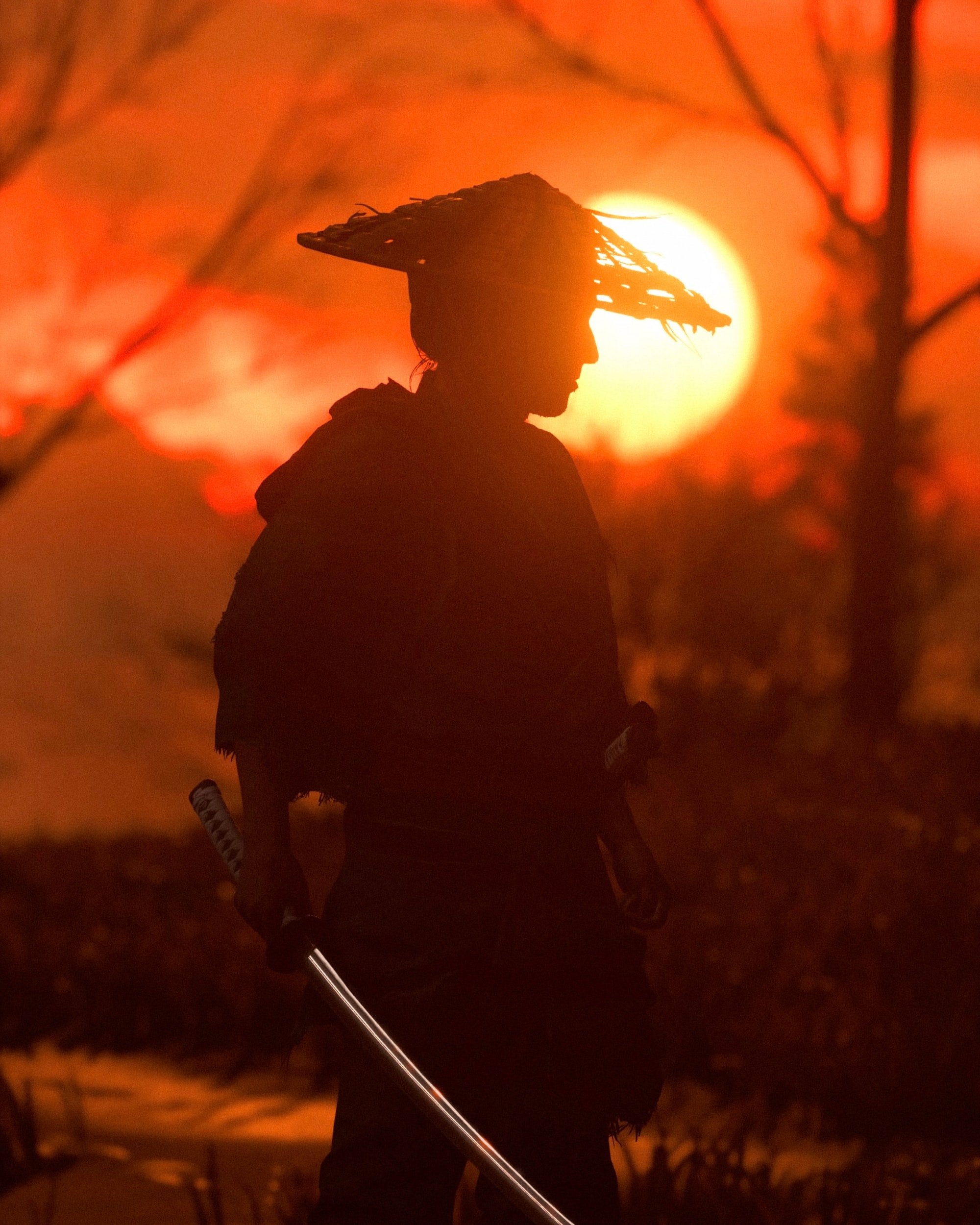
MEDITATIONS: TAO TE CHING CHAPTER THIRTEEN
The faculty of desire purports to aim at securing what you want, while aversion purports to shield you from what you don’t. If you fail in your desire, you are unfortunate, if you experience what you would rather avoid you are unhappy. . . . If you desire something outside your control, you are bound to be disappointed.
—Epictetus. Enchiridion; Discourses and Selected Writings

MEDITATIONS: TAO TE CHING CHAPTER TWELVE
More on inclusivity and exclusivity in Chapter Twelve of the Tao Te Ching. This topic might seem obscure, but I believe it is pertinent to today's social discourse. If you don't understand what your purported values actually are, then you are doomed to serve as a slave to purposes apart from your own.

MEDITATIONS: TAO TE CHING CHAPTER ELEVEN
We hear an awful lot about the value of inclusion, but it is arguable that many good things come from exclusion. Your loved ones are special because they are not everyone else. Your hard work in one pursuit sets you apart from others who specialize differently. To be yourself at all means that you aren't someone else. This is what is discussed in the Tao Te Ching Chapter Eleven.

MEDITATIONS: TAO TE CHING CHAPTER TEN
When my friends and I were teenagers, whether we were playing a game or practicing martial arts, we often noticed moments during which time seemed to evaporate. We called it, "being in the zone," for lack of more sophisticated language, because we always performed our best during those brief flashes that we could hardly remember even seconds after they occurred.
These moments are the topic of Chapter Ten of the Tao Te Ching: now I understand them to be the temporary fusion of all aspects of the self.

MEDITATIONS: TAO TE CHING CHAPTER NINE
I believe each individual has a responsibility to himself to pursue his own dream. Note that I say "pursue" and not "achieve." One can die happy if he has no regrets, but to have no regrets, one must place his aim on the Way and not on the End. So forewarns Chapter Eight of the Tao Te Ching.


MEDITATIONS: TAO TE CHING CHAPTER SEVEN
Concerning confronting the challenges and suffering inevitable in life, I've encountered a through-line across philosophies. Whether they be the ancient Greek Stoics, the European Alchemists, Japanese Zen Buddhists, or Chinese Taoists (among others), they all arrive at the same conclusion: recognize the objective world and what role you play as part of it.

MEDITATIONS: TAO TE CHING CHAPTER SIX
Is not material reality affected by mere notions, ideas, perceptions, and beliefs? Do Heaven and Earth not touch when one is moved by a sudden spirit to strum a guitar, to sing, to dance, to put pen to paper, to put paint to canvas? What are art and innovation if not the emergence of formerly hidden properties from the bridge between the objective world and the subjective experience?

MEDITATIONS: TAO TE CHING CHAPTER FIVE
“nature as creation is a relentless force
the relentless constantly faces the decay of its own fruits
the sound person also relentless
faces the decay of the fruits of mankind”
—Tao Te Ching Chapter Five

MEDITATIONS: TAO TE CHING CHAPTER Four
Potential—what is it? That which is not a thing in any singular time or space but is something that could be, or better said, could become.

MEDITATIONS: TAO TE CHING CHAPTER Three
In Chapter Three, we are greeted with a warning and a juxtaposition. This first stanza could be read, “Do not conflate wisdom with sophistication!” It rings with echoes of humble Socrates and his questioning of the sophists.

Meditations: Tao Te Ching Chapter Two
Armed with this wisdom, one can free himself from any prison and find contentment despite the suffering intrinsic to being.

Meditations: Tao Te Ching Chapter one
The first words of the first chapter present us with an enigma: “the tao source of life.” Tao is the way, the road, the narrow path along which one orients himself toward that which transcends subjective, human understanding.

Virtue in the Shade of the Leaves
“Fit oneself inwardly with intelligence, humanity and courage. The combining of these three virtues may seem unobtainable to the ordinary person, but it is easy. Intelligence is nothing more than discussing things with others. Limitless wisdom comes from this. Humanity is something done for the sake of others, simply comparing oneself with them and putting them in the fore. Courage is gritting one’s teeth; it is simply doing that and pushing ahead, paying no attention to the circumstances. Anything that seems above these three is not necessary to be known”
—Yamamoto Tsunetomo, Hagakure

Direction in the Shade of the Leaves
“If one has no earnest daily intention, does not consider what it is to be a warrior even in his dreams, and lives through the day idly, he can be said to be worthy of punishment.”
—Yamamoto Tsunetomo, Hagakure

Humility in the Shade of the Leaves
“If by setting one’s heart right every morning and evening, one is able to live as though his body were already dead, he gains freedom in the Way. His whole life will be without blame, and he will succeed in his calling.”
—Yamamoto Tsunetomo, Hagakure